Rahul Gandhi is a known face of Indian politics. He is virtually heading India’s largest political outfit now. We are regularly debating Rahul effect in Indian polity on national and regional media. But he has never opened up his mind to people at large. Rahul’s politics has been stuck in this gear for a long time. He chose for himself the job of the Congress’ big picture man shortly after his electoral debut in 2004, working on long term strategic goals for the party, even as his mother, Congress president Sonia Gandhi, looked after its day-to-day affairs. The imminent change at the helm of the Congress promises the beginning of a cultural transformation in the Grand Old Party. Away from the public glare, Rahul Gandhi has set in motion a silent revolution in the Indian Youth Congress (IYC) and National Students Union of India (NSUI) by holding free and fair elections a first for any political party.
A few months ago, he surprised his party colleagues by suggesting elections to the Congress Working Committee (CWC). But entrenched interests and party chief Sonia Gandhi’s desire to make the CWC inclusive to balance regional, religious and caste demands stymied the proposal. The party’s youth and student wings, which had acquired the tag of notoriety during Sanjay Gandhi’s stewardship (a legacy they hadn’t been able to shake off), are being shaped into a decent and sensitive cadre. Youth Congress members, in fact, are said to be so disciplined consultant to its full-time leader. Will Rahul be able to swap his much vaunted grassroots level rejuvenation vision for a bit of medium term political pragmatism and the ability to manage crises on an almost daily basis?
Rahul has an experience of professional training in strategy consulting combined with a cautious, hesitant, and risk-averse temperament meant that he shunned short to medium term challenges, such as a stint in the Union government, for long term projects such as rejuvenation of the Congress’ youth and student wings, reviving the party in Uttar Pradesh were the Congress has been reduced to a fringe player, and brand-building aimed at projecting himself as a mascot of the poor. This orien where he launched the Congress’ 2012 Uttar Pradesh poll campaign, Rahul has shown the willingness to make the transition from the Congress’ political strats now that they are scared even of talking to the media to tom tom their achievements.
Rahul is rewriting the political lexicon of the Congress in his own way. In a revolutionary decision, he engaged the Foundation for Advanced Management of Elections (FAME), led by former election commissioners J. M. Lyngdoh and K. J. Rao, to conduct the polls in the youth and student wings. “Rahul has ensured criminals do not enter politics,” says Rao. Rahul has proved himself as the practitioner of a new brand of politics not foulmouthing opponents, ignoring jibes and barbs, and choosing a civilised engagement with detractors as well as his seniors in politics.
But on a broader platform, he is unwillingness to put himself in the line of fire. With the Congress confirming his ascent to a role of greater importance, Rahul’s approach to politics requires a serious change of course, and very quickly. After the election rally in Phulpurtation in his thinking showed up as a refusal to get into burning issues.
For instance, when he was asked whether he would personally intervene to resolve the Kashmir agitation of 2010 that witnessed unprecedented stone throwing protests in the valley, he responded, “My focus is on bringing youngsters into politics and I think that’s a very important thing for the future of this country. I genuinely don’t like to, sort of, move from one problem to another. I like to settle down, understand a problem in detail and then work on that problem. Solving Kashmir is not a part time problem. It is a full time problem.”
Rahul’s standard response to tricky questions whether it has been about inflation or political alliances had always been that his job is limited to being the Congress general secretary for the Indian Youth Congress and National Students’ Union of India. He then had the luxury of picking and choosing his canvas. It is a completely different picture now, to put it mildly. Other than electioneering in Uttar Pradesh and taking the Congress to a respectable tally in the upcoming assembly elections there, he has to pull the Congress and the United Progressive Alliance government, which it heads at the Center, out a series of crises.
To begin with, he has to find ways to arrest the sense of drift that seems to have become the UPA government’s leitmotif and salvage the remaining two and a half years of its term. He has to develop a working relationship with the Congress’ allies from the veteran M Karunanidhi to the tempestuous Mamata Banerjee. Then he has to battle the perception of the government having completely been overtaken by corruption scandals with neither the 2G scam nor Anna Hazare and his cohorts likely to fade from the scene quickly.
Then there are pressing issues such as the demand for a separate Telangana, which has been on the boil for far too long and is now waiting to explode. On the economic front, he has to find a way to put the reform process back on track if India has to make it through the looming global economic crisis. Whether it is in foreign direct investment in key sectors such as retail, disinvestment, or labour reforms, the government is waiting for the political go ahead. Then there is the Opposition, which will be ever on the lookout for any slip-up on his part to bolster their charge about him being naive and callow.
In the few instances that he has grappled with real-time problems in the past, rather than being sequestered in the comfort zone of long-term thinking, he has stumbled. His performance during the Anna Hazare agitation proved that he had a long way to go as far as reacting instinctively to tricky situations goes. His speech in Parliament, in which he propounded what he described as the “game changing” idea of making the Lokpal a constitutional body, did not help in diffusing the crisis at hand.
In fact, it made him sound completely off-key and unable to connect with the rising sentiment against corruption in urban India. He managed to bungle his Bhatta Parsaul initiative in Uttar Pradesh by insinuating murder of villagers in the backdrop of clashes between the state police and farmers over land acquisition a charge that could not be proved conclusively.
One big difference between his earlier position and the one he finds himself now in is his own willingness to play a larger role in the Congress’ affairs. Maybe he has no choice, given the reports about his mother’s failing health. He is taking on much wider responsibilities as far electioneering for the coming round of polls in Uttarakhand and Punjab go. He has taken on full responsibility of the Congress’ 2012 UP bid, which saw him launch the party’s campaign from his great grandfather Jawaharlal Nehru’s old constituency, leaving little doubt of the kind of role the Congress has in mind for him. Rahul requires experienced hands to guide him through the sharp bends that lie ahead. However, until now, his relationship with Congress elders has been indifferent at best and confrontational at worst.
He has not hidden his wider discomfort with the nature of politics in the Congress that revolves around entitlement and dynasty, despite his own acceptance of the dynastic mantle as the next Nehru Gandhi heir. Now, he may have no choice but to put his pet ideas of professionalizing and modernizing the Congress on the back-burner and turn to his mother’s advisors.
While his own team of non-political advisors such as Kanishka Singh and Sachin Rao are as untested as he is, there are some senior leaders such as Jairam Ramesh and Digvijay Singh who have worked with him on issues such as land acquisition and UP respectively. They may play a bigger part in the days to come. The most precious advice will, however, come from his mother and his sister Priyanka Gandhi Vadra.
Rahul looks set to continue with the left of centre economic position that has become his mother’s calling card, at least in the short term. In his speeches he has hinted that the Congress can fight the negative fall out of corruption and inflation in middle class India with UPA government’s welfare schemes such as the Mahatma Gandhi National Rural Employment Guarantee Scheme, the proposed food security bill, and the Unique Identification number scheme which he sees as a key empowering contribution of the government towards improving the efficiency of the public delivery system.
The Rahul Gandhi era in the Congress promises to forge continuity with the present rather than usher in a new era in politics that his father’s initial years in power held promise of but never delivered. Ironically, Rahul has always maintained that one of the key factors that led him into politics was the urge to pick up from where his father left off. But the key question is that Congress is riding on the brand Manmohan right wing ideology with a great electorate success and Rahul is endorsing his policy on all major issues that contradicts his family Nehruvian policy. Similarly, his views on foreign policy, internal security, defense policy are ambiguous. Rahul Gandhi needs to clarify stand to the nation, earlier the better.
– Prakhar Prakash Mishra










 OpinionExpress.In
OpinionExpress.In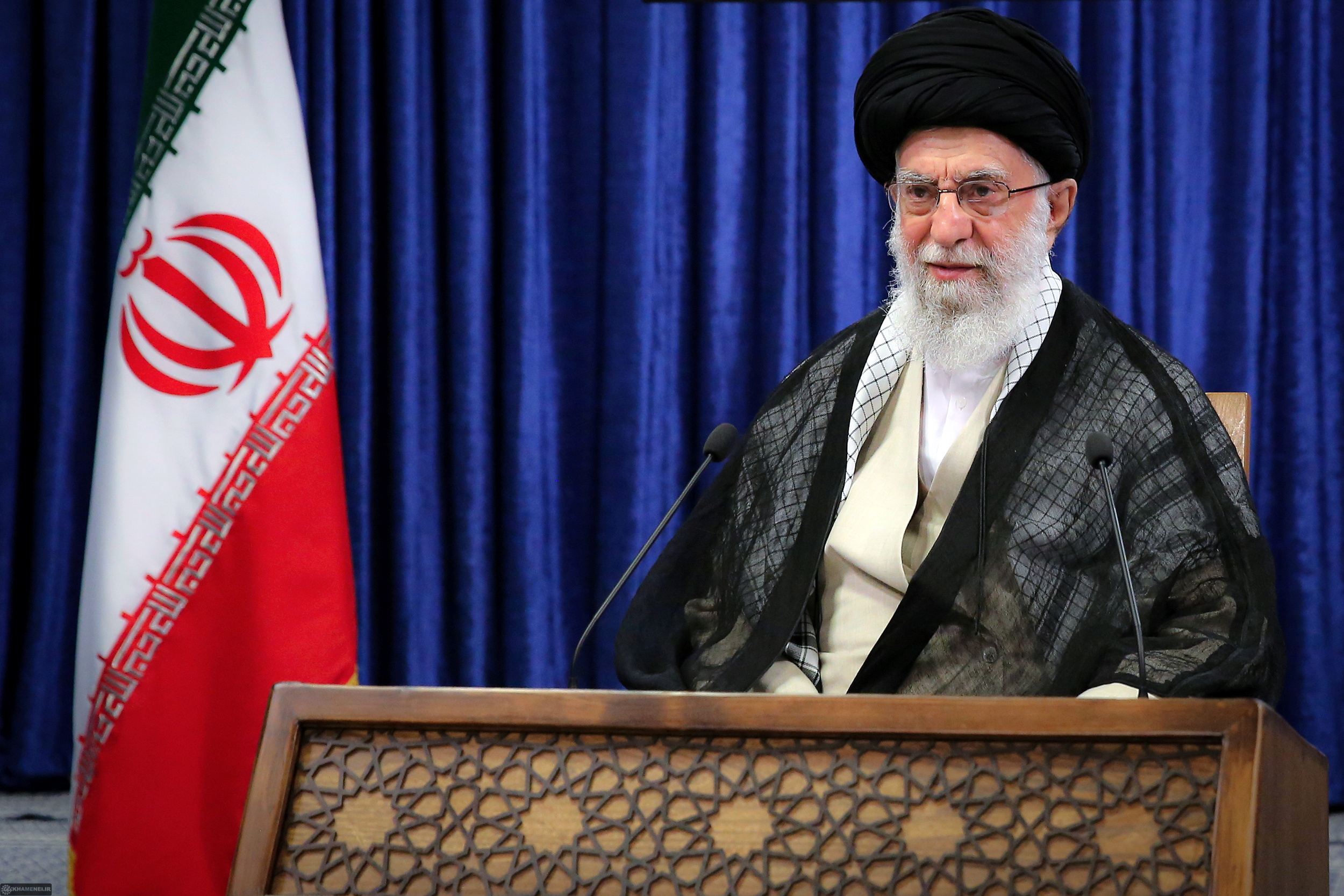
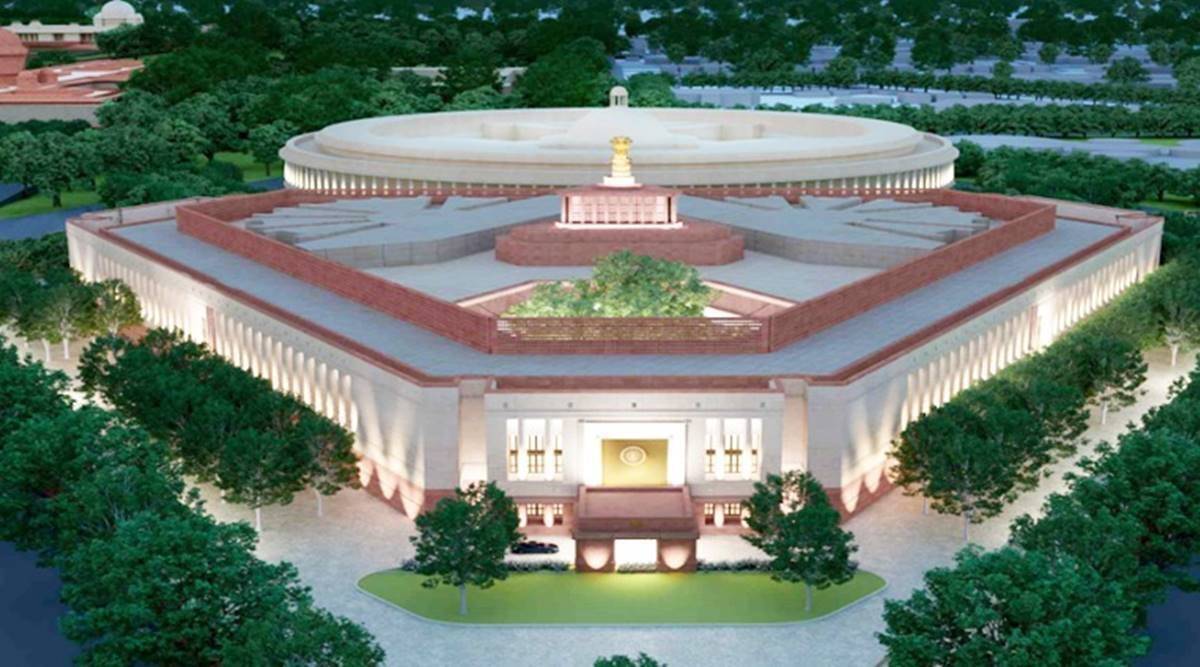
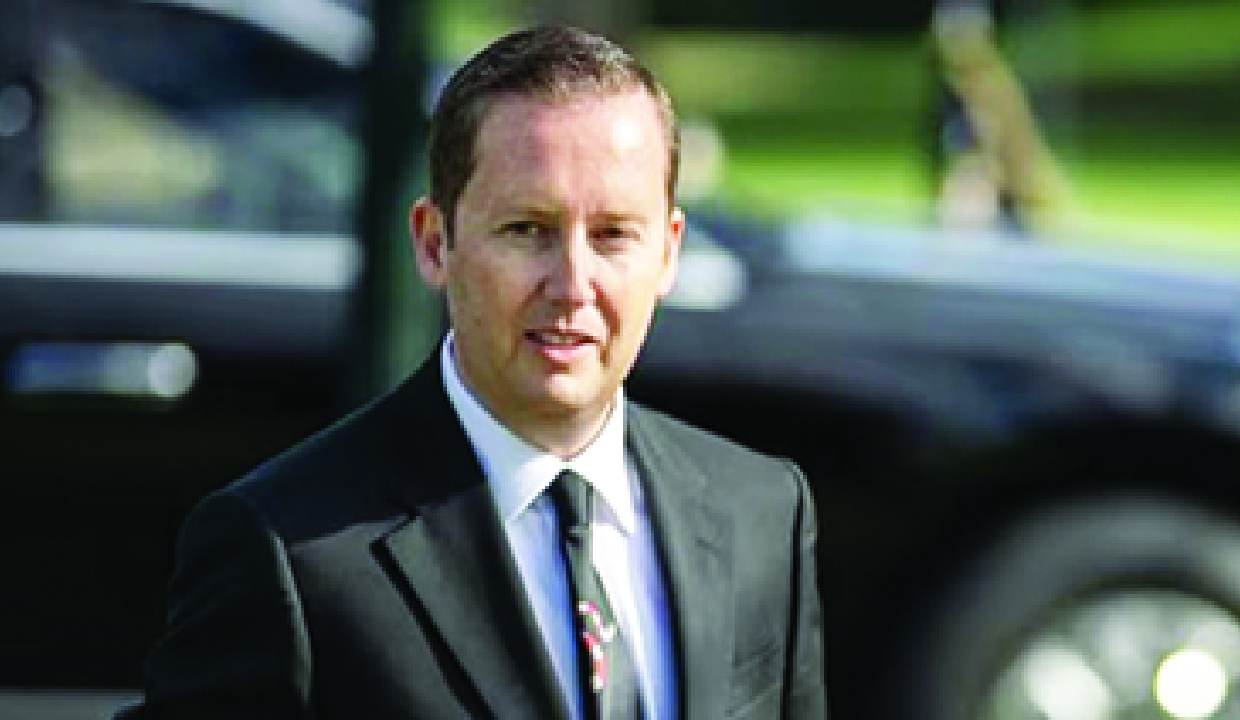
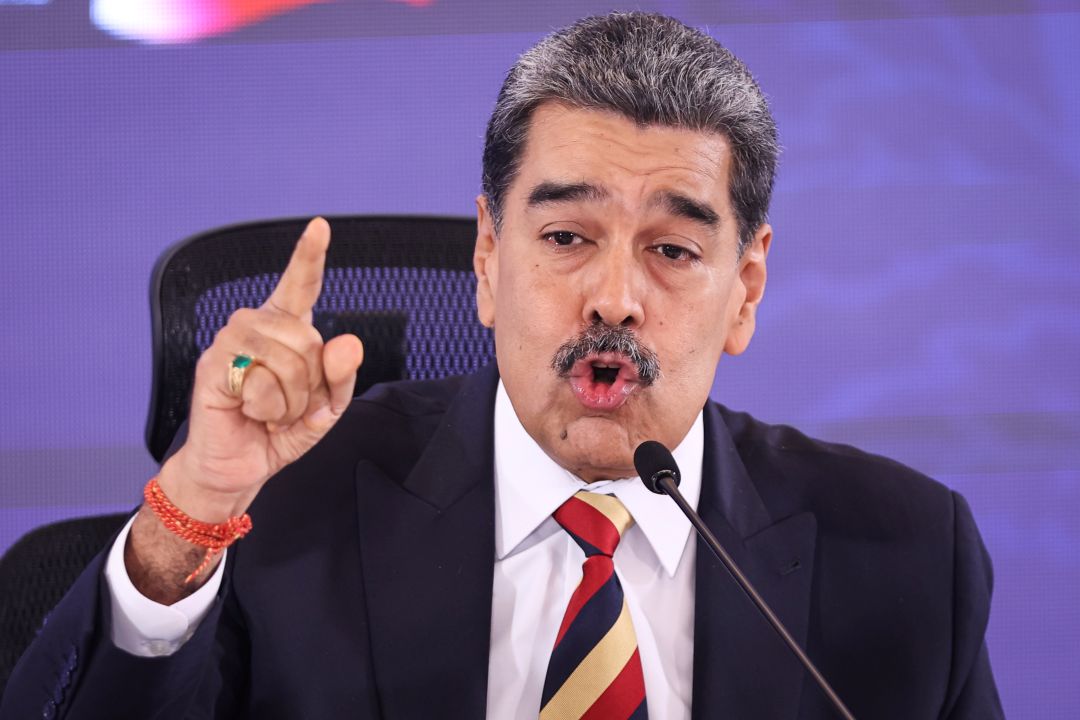

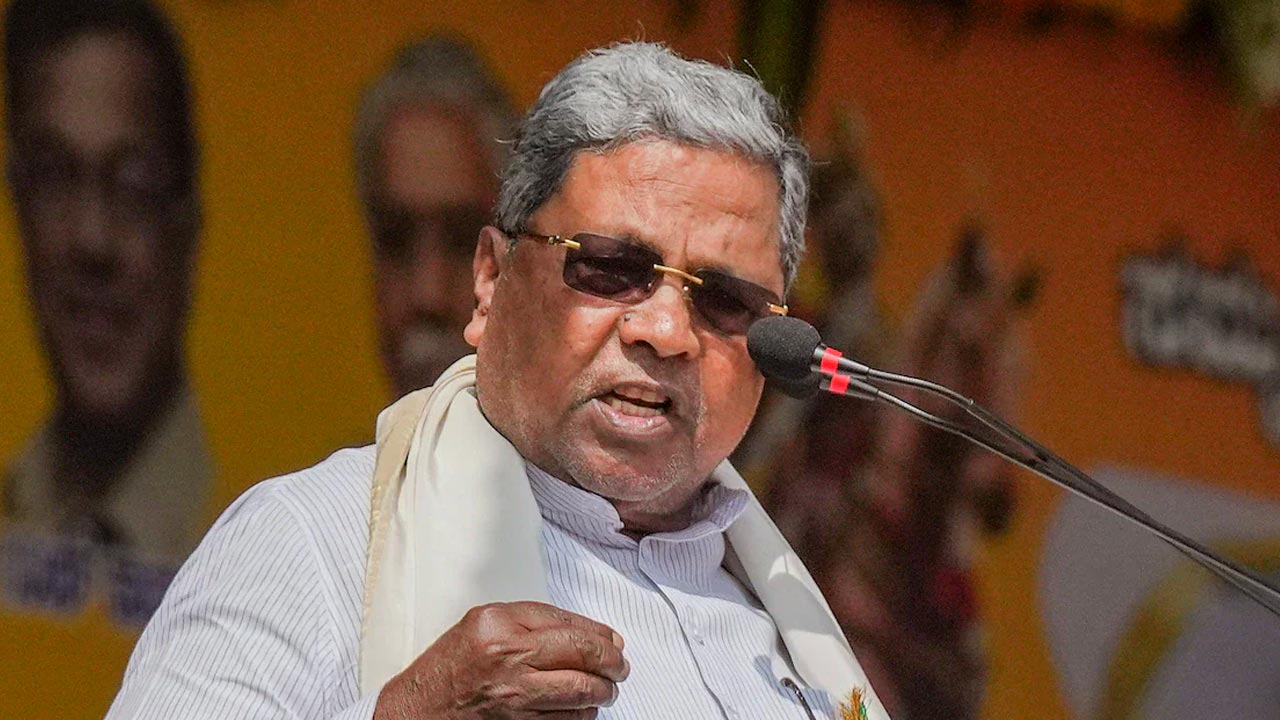
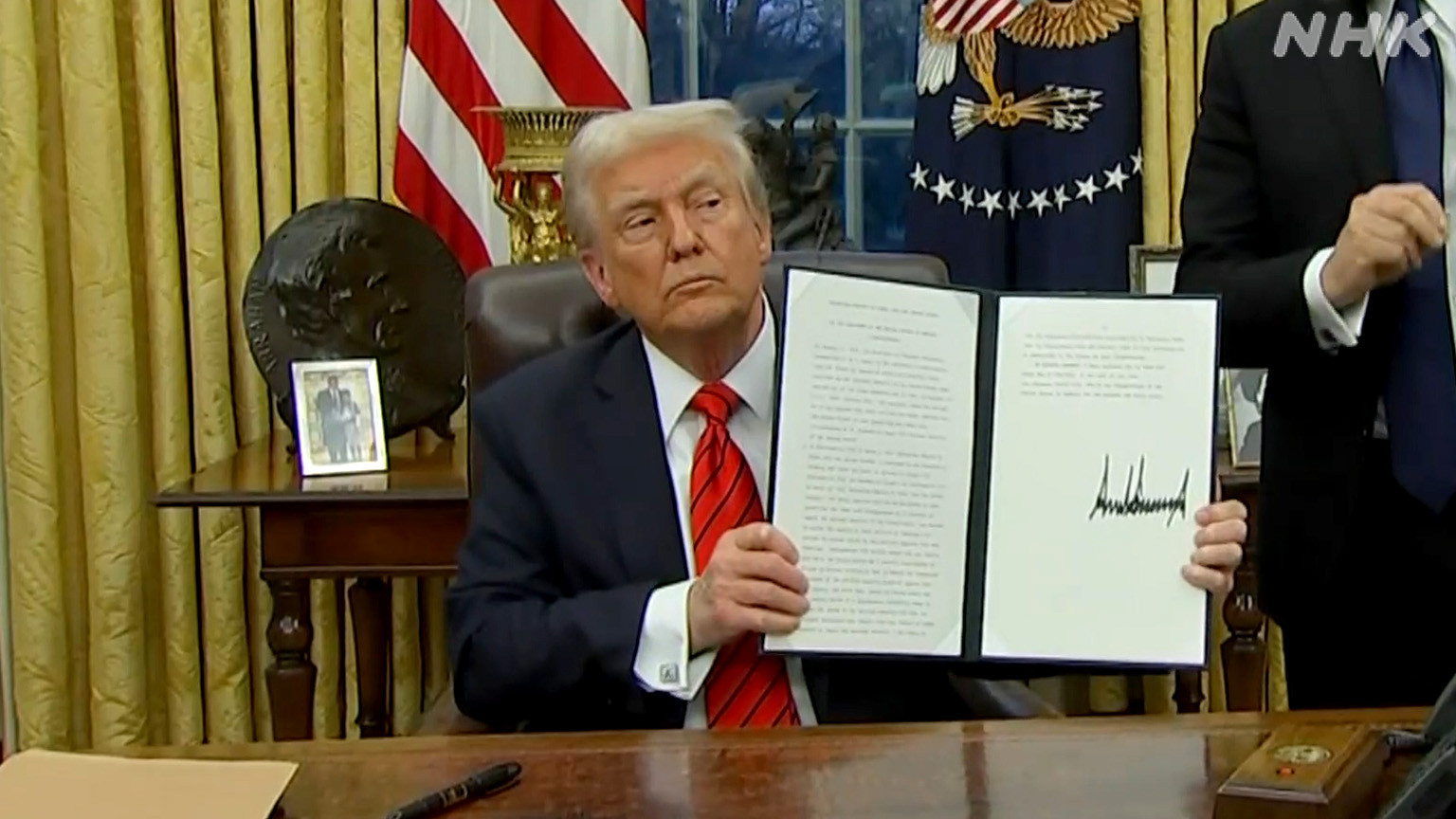
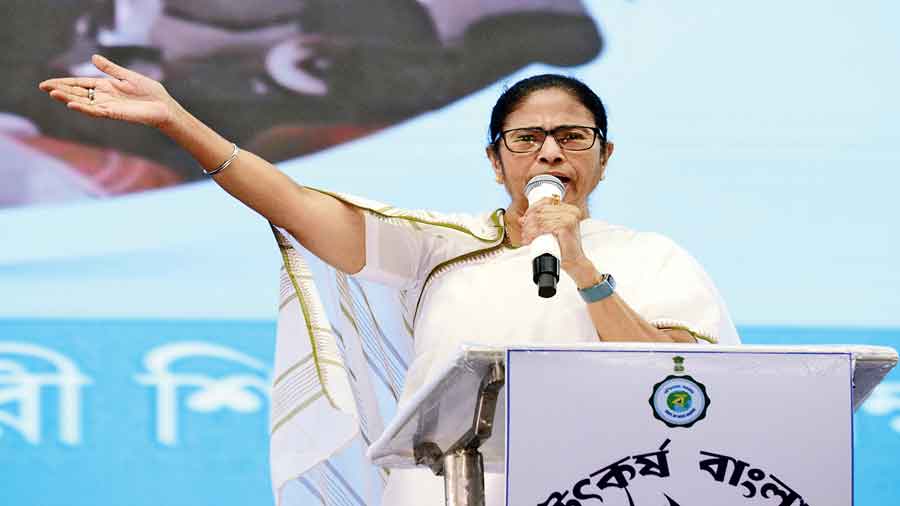
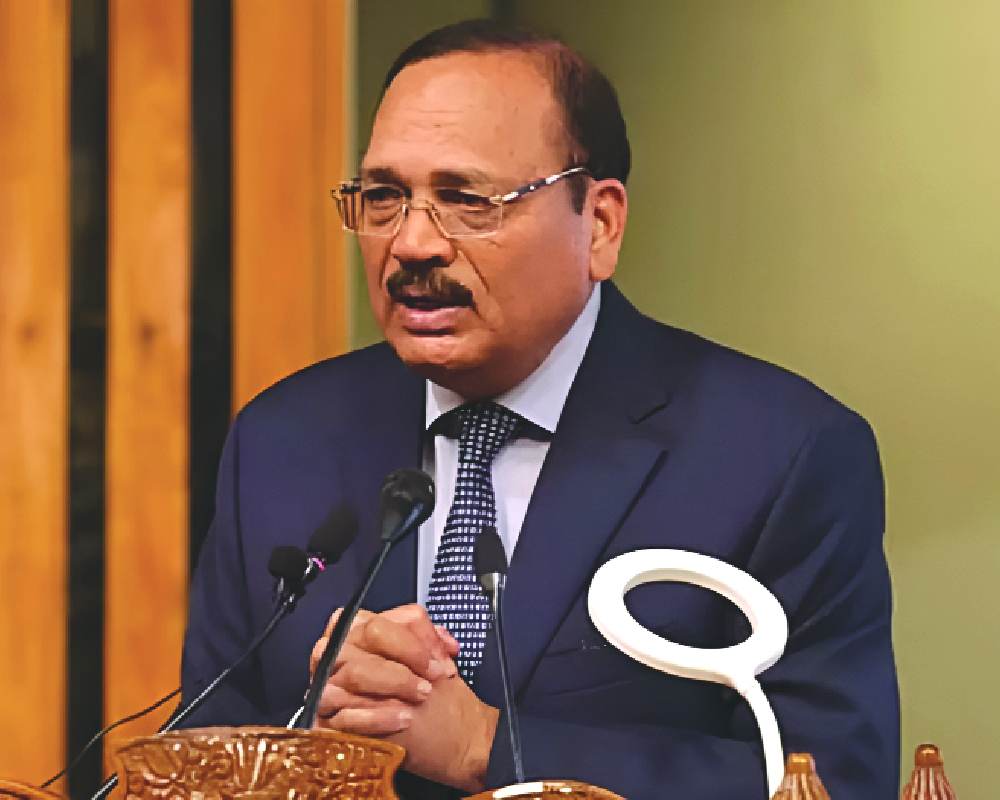
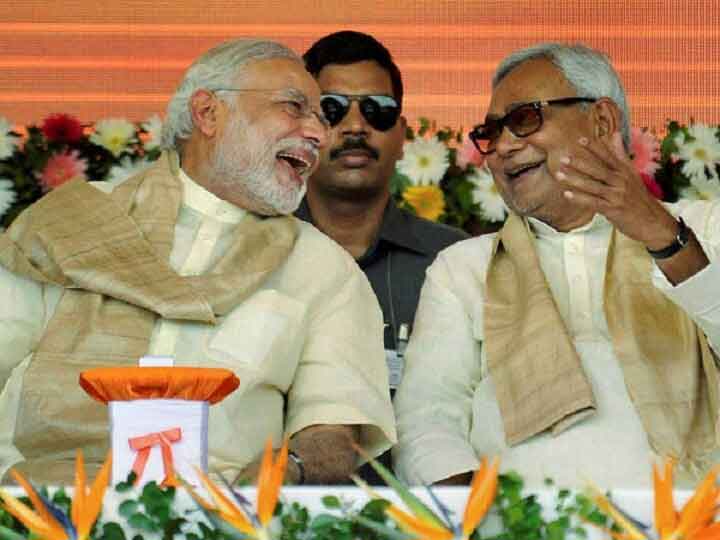






Comments (0)